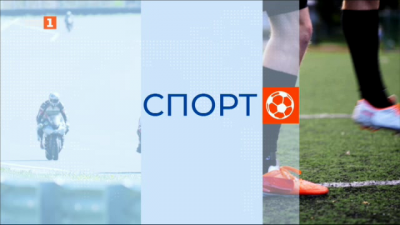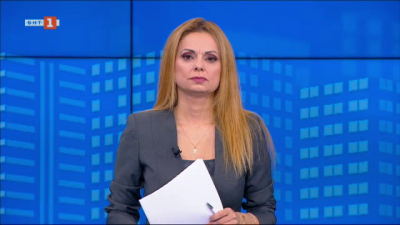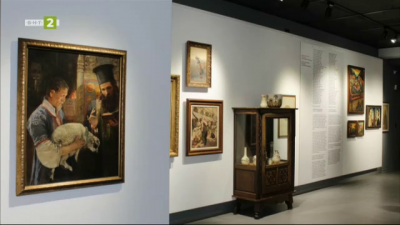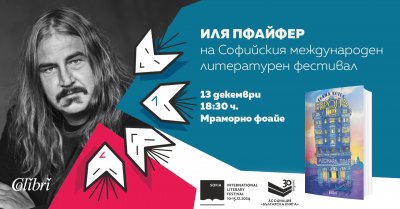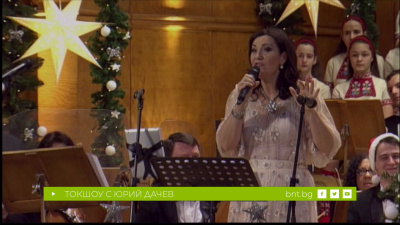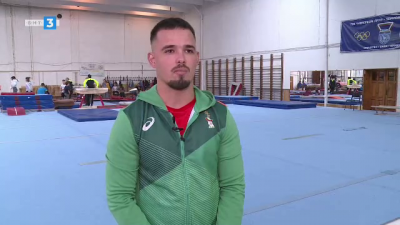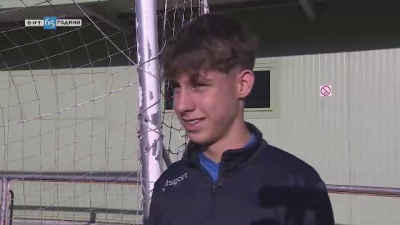President Closed Consultations on Anti-corruption Measures due to Loss of Quorum
The meeting of the Consultative Council for National Security on 9th of October, which was convened by Bulgaria’s President to discuss measures against corruption was closed without conclusion...
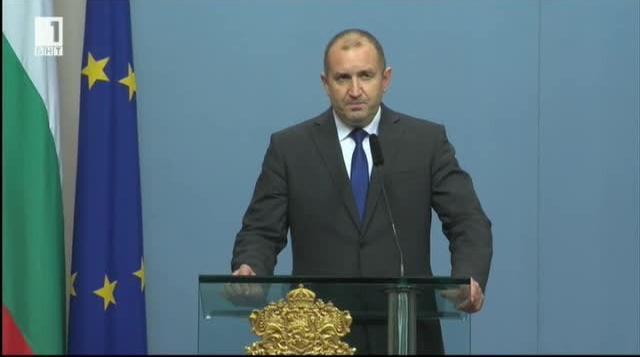
The meeting of the Consultative Council for National Security on 9th of October, which was convened by Bulgaria’s President to discuss measures against corruption was closed without conclusion. Bulgaria’s President Roumen Radev closed the meeting and convened another one to discuss the same topic on October 17 at 13.00.
Radev explained that in-depth debates begun, but the departure of key participants led to the loss of quorum.
Deputy Prime Minister Ekaterina Zaharieva and Minister of Defence Krasimir Karakachanov were not at the meeting because they were on official visits abroad. The leader of GERB parliamentary group Tsvetan Tsvetanov and the leader of MRF parliamnetary group Mustafa Karadayi did not stay till the end.
“We can gauge the seriousness of corruption by the numerous scandals reported by the media, the collapse of foreign investments, the recommendations and assessments of our European partners. Corruption is a threat to national security, a collapse of confidence in civil institutions and hinders the development of the economy and the welfare of the citizens,” President Radev said.
BSP leader Kornelia Ninova, the only one who spoke to journalists after the meeting, said that the meeting ended because it lost quorum. In her words, the meeting failed because representatives of the ruling GERB party failed the quorum.
Prime Minister Boyko Borissov arrived an hour and a half late for the meeting. Instead of coming to the President’s office at 10 am, he went to talk to protesting workers from Emco plant, who staged a series of protests against the consequences of the plant having lost its licence.
The Consultative Council gathered on 9th of October to discuss the possibilities of creating a working model to fight against corruption. So far, there have been two drafts of anti-corruption law: one prepared by the majority partner in the government, GERB party, and one by the opposition Bulgarian Socialist Party (BSP). The BSP draft emphasizes on investigation, while the GERB draft focuses on prevention. The two drafts are yet to be discussed in the National Assembly. It is also planned to introduce a law on the fight against high-level corruption. But on this topic there is again no common position between GERB and BSP.
The BSP insists that the Head of the anti-corruption body be appointed by the President. This idea was welcomed by President Roumen Radev. A few months ago, he also opted for establishing a body to fight against high-level corruption. However, GERB believe that the head of this anti-corruption body should be elected by the National Assembly. So far, neither BSP nor GERB had signaled that they were willing to step down from these positions.
Last week, President Roumen Radev suggested that it would be good to find a compromise option that would unite the good ideas of the two draft laws.
Get the latest news wherever you are!
Follow us on
Facebook
and
Instagram
Follow BNT’s YouTube channel
You can now also watch us on
TikTok
Find us on
Google News







